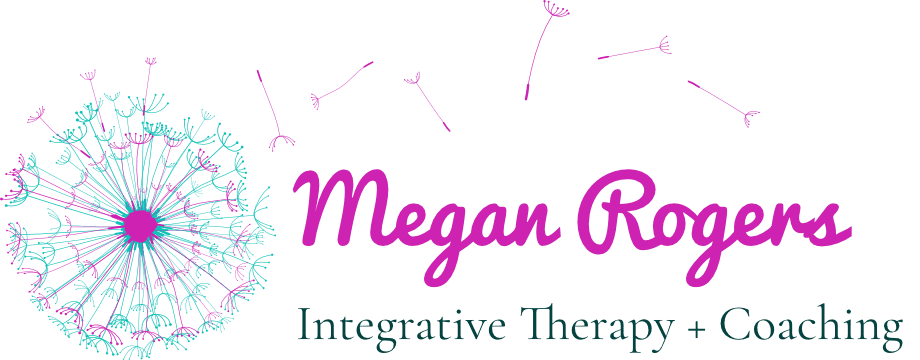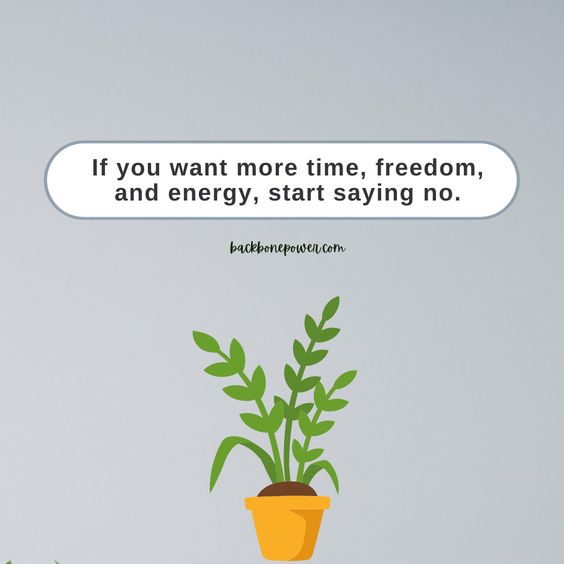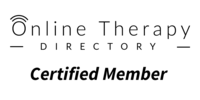
Let’s be honest… the past 18+ months have been rough on everyone, especially those of us who spent a lot of it working from home. The separation between work and home seemed to disappear overnight and trust me when I say that you’re not the only one struggling with this new balance. Many people have come to me seeking help from this exact problem, and honestly, it doesn’t surprise me. A fundamental part of our lives changed permanently and it’s okay if you need a little (or a lot) of time to process it.
With work infringing more and more into our personal lives, boundaries are something we’ve all had to rediscover. Drawing new lines in the sand of what lies in the realm of work and what’s better off left at home has gotten more complicated, and it’s natural that you’ll need a little bit of help navigating this new challenge.
(In fact, even before that, in pre-pandemic times, this was still relevant. Just check out my blog about saying no as an act of self care.)
That’s where boundaries come in – and one big boundary everyone should get good at is saying no, which is exactly what I’m talking about in this blog post. I’m giving you my strategies and tips for saying no at work and in your personal life, so you can get better at setting boundaries with yourself and others.
Why People Have a Hard Time Saying No
At its root, learning how to say no is a skill that will not only raise your emotional intelligence but make you feel like a total badass in the process. Although you won’t get to the badassery level right away, you can take steps to work up to it, and the more you say no, the better you’ll get at it – so you’ve got that to look forward to! You’ll be saying no (to the right things) before you even know it.
If you’re a people pleaser, saying no can feel like one of the scariest things in the world, trust me – I used to be one myself! Saying no, especially to people you care about or respect, can feel really hard due to the varying amounts of discomfort with the action of “saying no.”
According to a recent research review published by Dr. Vanessa K. Bohns of Cornell University, “Many people agree to things – even things they would prefer not to do – simply to avoid the considerable discomfort of saying ‘no.’” People would rather put themselves in a situation they don’t want to be in by saying yes rather than avoiding that situation altogether by saying no.
Why Saying No is Actually a Good Thing
Struggling to say no is more common than you think – I’ve seen a lot of people develop anxiety over it, so you’re not alone. According to board-certified psychiatrist Dr. Nicole Washington, self-preservation is at the core of saying no – and this is something we need to remember. “Saying no is one of the best forms of self-care we can engage in,” Dr. Washington admits.
She also goes on to say that saying no can allow us to:
- create space in our schedules to rest and recharge
- participate in activities that align with our goals
- set boundaries with the people in our lives
Saying no ultimately can provide a newfound sense of navigation in your life and allow you to focus on what really matters and what deserves your energy.
Tips for Saying No and Setting Boundaries
At first, saying no can seem overwhelming or even intimidating, but with these tips for setting boundaries, you’ll be saying no in “no-time.”
- Understand why you’re saying no in the first place. Is there a sole reason why?
- Try and dispute the blow of saying no with flattery. Now I don’t mean compliment the other person to death, but if you’re saying no to a project at work because you already have too much on your plate, for example, start out with saying something like, “I appreciate the offer and thinking of me for this, but unfortunately…”
- State your reason for saying no. People usually handle rejection better if they know the reasoning behind it, especially in boundary-setting situations.
- Offer to help them in another way if it’s appropriate for the situation. If you declined a project at work, try recommending someone else for the task.
- Be okay with feeling guilty, especially if you’re just beginning to say no. Be kind to yourself and realize that you might feel guilty the first few times you tell someone no, but allow yourself to sit with that feeling and allow it to move on.
Remember, learning how to say no and set boundaries is a continuous process and you’ll get better at it over time. Just trust the process and believe in yourself, and your boundary-setting skills.
About Megan Rogers Integrative Psychotherapy + Wellness Coaching
In my counseling and coaching practice, I focus on helping my clients cope and heal from anxiety, depression, and gray area drinking. If this article has resonated with you, please book a complimentary intro call here. I would love to help you get back to the best you there is. And if gray area drinking has been part of the problem, you’ve come to the right place. Telehealth appointments are available for my comprehensive gray area drinking coaching.
Resources:


